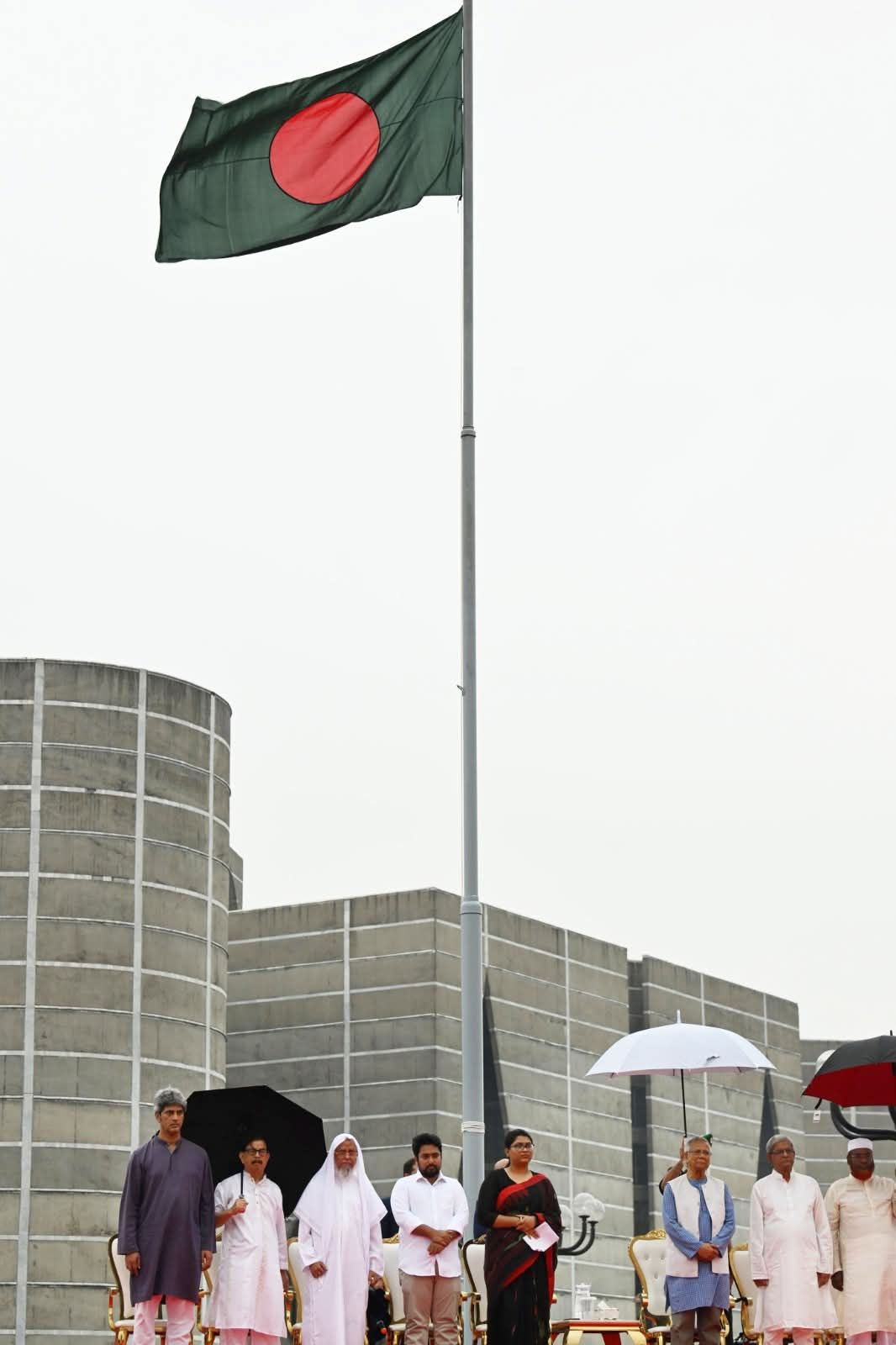Chief Adviser Muhammad Yunus, on 5 August 2025, announced that the 13th parliamentary elections would be held in February 2026, ahead of month of Ramadan. Framed as a landmark decision, the announcement aimed to end months of speculation and stabilise a country still grappling with the aftermath of the July Uprising of 2024, which led to the fall of Sheikh Hasina’s Awami League government.
While the Bangladesh Nationalist Party (BNP) welcomed the declaration as a step towards electoral certainty, the immediate silence from the National Citizen Party (NCP) and Jamaat-e-Islami has raised questions about whether the path to the polls is truly secure.
Yunus’s interim government assumed office with a threefold mandate: to try those responsible for mass killings during the uprising, implement key reforms, and organise credible elections. However, divisions soon emerged over the timeline.
The BNP, long marginalised under Hasina, pushed for elections by December 2025 in a bid to re-establish its political footing. In contrast, the NCP and Jamaat argued that meaningful reforms—particularly constitutional restructuring and electoral overhauls—must precede any national vote.
Yunus initially proposed a window between December 2025 and June 2026, but the final decision to hold elections in February appears to reflect BNP pressure.
Further complicating the political landscape was the release of the July Proclamation—a 26-point reform blueprint inspired by the uprising. Intended to enshrine the uprising’s legacy in the constitution and honour its leaders—many of whom now lead the NCP—the document has drawn mixed reactions.
While the BNP cautiously endorsed the proclamation’s symbolic value, it rejected the idea of constitutional inclusion, prioritising timely elections. The NCP and Jamaat, meanwhile, criticised the document as rushed and lacking in substance.
These disagreements have exposed deeper political rifts. The NCP, yet to formally endorse the February election date, continues to call for comprehensive reforms, the holding of local elections, and a transparent electoral framework as prerequisites for its participation.
Jamaat’s position remains similarly uncertain. Though the party had previously indicated support for a February timeline, it has since tied its involvement to demands for structural reforms, including proportional representation.
Public order remains fragile. Street protests and sporadic mob violence continue in the post-uprising climate, eroding trust in the state’s ability to maintain stability.
Should the NCP and Jamaat ultimately boycott the elections due to unmet demands, the result could be a major legitimacy crisis. The NCP, closely linked to the student-led uprising, represents a powerful symbol of democratic change. Its absence would seriously undermine the credibility of the polls. Jamaat’s withdrawal would further narrow the political spectrum.
The July Proclamation could also become a flashpoint. The BNP remains opposed to its constitutional enshrinement before the election, while the NCP insists on its inclusion first. If perceived as favouring one group’s historical narrative over others, the document risks becoming a divisive political weapon rather than a unifying national vision.
International attention is already focused on Bangladesh’s political trajectory. Observers—including the United States, United Kingdom, and international human rights organisations—have warned of the risks of backsliding democracy. A flawed or boycotted election could prompt criticism, deter foreign investment, and trigger sanctions or diplomatic pressure.
In the end, Yunus’s February 2026 declaration provides a deadline—but not a resolution. The BNP is tentatively on board, but the silence from the NCP and Jamaat speaks volumes. Their participation remains conditional, their demands largely unmet, and the political landscape deeply fragmented. As the clock ticks towards February, uncertainty may not be over—it may simply be on pause.
The writer is a journalist


